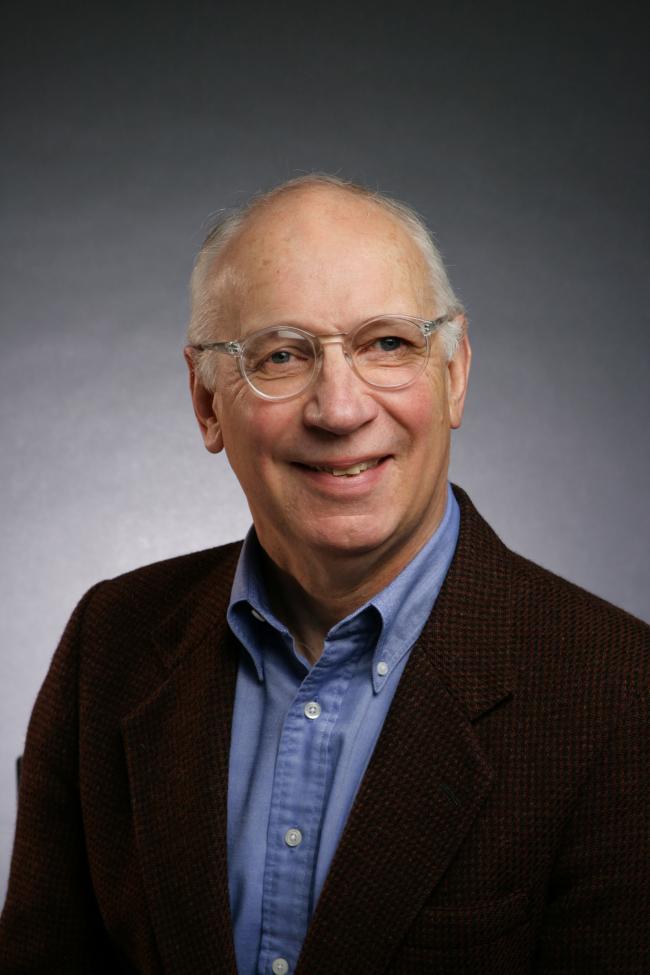Bloom makes big promises as council candidate
David Bloom is running for Seattle City Council Position 4, the seat currently held by Jan Drago, who said she will not run again.
Thu, 04/02/2009
David Bloom, former Ballard resident, and current candidate for Seattle City Council Position 4, said he has spent the past 30 years as an ordained minister in Seattle, an advocate for the homeless, low income housing, race relations and poverty issues.
Since council member Jan Drago, who currently holds Position 4, has no plans to run for reelection, Bloom will be running against Sally Bagshaw, past Chief of the Civil Division for the King County Prosecuting Attorney’s Office under Norm Maleng.
Originally from the East Coast, Bloom came to Seattle to be a minister at University Baptist Church. His career grew with the Church Council of Greater Seattle, when he became more involved with city and neighborhood issues in Seattle.
“I’ve been an advocate, an organizer, a program developer, worked on fundamental issues of human needs, social justice and improvement of community quality,” Bloom said. “It’s because of my concern for the growing disparity in income in our city and the challenges that we have to provide housing that’s affordable to working families, both low and middle income.”
Bloom said that as a city, Seattle is losing the qualities that have made it an exceptional place.
“The city has a role to play in helping to turn that around,” he said.
Bloom said he has helped organize programs that still exist today, such as the Downtown Emergency Service Center, a program for homeless and street affected people in the Northwest; Common Ground, a program helping to create and preserve low income housing; and Seattle Displacement Coalition, a homelessness project that assists women with children to get off the streets and into transition units.
As a candidate for city council, Bloom said he is committed to pushing the city to do more in the area of affordable housing, creating more living wage jobs and sustaining neighborhood infrastructure.
Bloom said he hopes to build 5,000 additional affordable housing units, create a city initiative to increase living wage jobs, develop a regional transportation plan connecting neighborhoods and focusing less on downtown Seattle and replacing the costly Mercer Street project with a less expensive alternative.
“One of the things that I hear as I go around the city is we’re moving in the wrong direction,” Bloom said. “Increasing the city and neighborhoods are disconnected, they are not representing the interest of neighbors and basic needs.”
Bloom said cities needs to have strong neighborhoods, where people and business owners feel a sense of investment.
“That’s a fundamental commitment to my campaign,” he said. “It’s redirecting the city through specific outreach for neighborhood needs and respecting the neighborhood plans.”
Particularly in Ballard, Bloom recognizes the ongoing concern in the neighborhood of the rapid growth of condos and apartments, often out of affordable range for many Ballard workers.
He said he feels it’s an issue that needs attention in the upcoming updates to the neighborhood plan.
“It’s something that the city needs to pay more attention to,” he said. “Too often city hall has almost virtually ignored plans and gone ahead with development strategies and policies that really don’t expect the input and efforts neighborhoods put into the planning process.”


